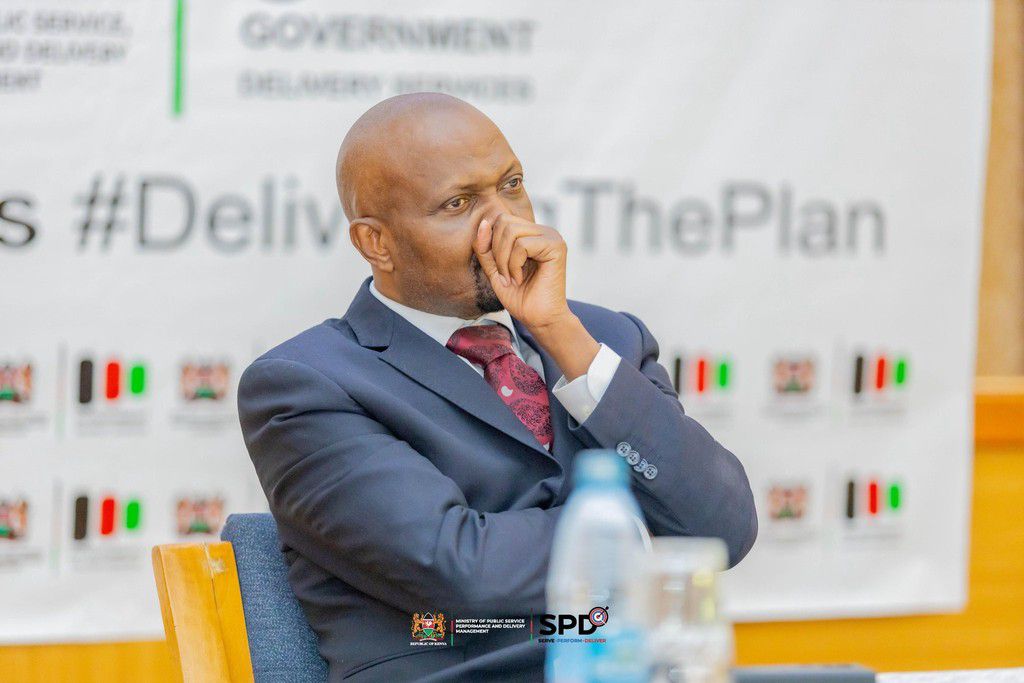Global Observance of World Refugee Day Amidst Rising Displacements

World Refugee Day, observed annually, serves as a crucial reminder of the escalating global crisis of forced displacement and the urgent need for solidarity with refugees. By the end of 2024, an unprecedented 123.2 million people worldwide were forcibly displaced, a significant 6.2 percent increase from the previous year, nearly doubling the figure over the past decade. This stark reality underscores that forced displacement is no longer a temporary issue but a defining global challenge.
The primary drivers behind this massive displacement are a complex web of persistent conflicts, violence, persecution, human rights violations, collapsing state structures, and economic crises. These challenges are increasingly exacerbated by the impacts of the climate crisis and widespread hunger, compelling millions to abandon their homes in search of survival.
Humanitarian organizations globally are on the front lines, providing critical support and advocating for the rights and dignity of displaced populations. World Vision Ghana (WVG), a Christian humanitarian organization, on World Refugee Day, advocated for greater empathy for all refugee children, emphasizing their fundamental rights to learn, play, and thrive in safety. WVG appealed for solidarity by promoting refugee welfare, creating resilient environments through access to healthcare, protection, and economic opportunities to enable them to rebuild their lives with dignity. Commemorating the day at Zini community in Ghana, WVG, with support from Unilever Ghana, facilitated hygiene education and distributed toothbrushes and toothpaste to children at the Zini Refugee Camp to promote oral hygiene. The organization also planned a tree planting exercise and had previously provided Water, Sanitation, and Hygiene (WASH) facilities to address significant challenges at the camp, which hosts over 800 refugees.
Action Against Hunger stands by people in extreme emergencies, delivering life-saving assistance such as food, clean drinking water, and medical treatment for acutely malnourished children. They also improve water and sanitation systems to prevent disease outbreaks in refugee camps and offer psychosocial support to help people heal from trauma. Sudan currently represents the world’s largest displacement crisis, with 14.3 million people uprooted, over half of whom are women. After more than two years of war, approximately 25 million people suffer from hunger, and there is a dramatic rise in gender-based violence, with an estimated 12.1 million women and girls at risk. In Lebanon, despite the fall of the Syrian government in December 2024, over 100,000 people fled to the country, and today, Lebanon hosts about 1.4 million Syrian refugees, the highest number relative to its population globally. These refugees often arrive with nothing, ending up in overcrowded shelters with limited access to essential services.
Amnesty International has highlighted a devastating erosion of the rights of people seeking safety and asylum protections across the Americas. The Trump administration’s executive actions have halted the US Refugee Admissions Program, made asylum nearly impossible at the US-Mexico border, and led to forced returns. Policies have included stripping Temporary Protected Status (TPS) and revoking humanitarian parole, contradicting narratives about human rights crises in countries like Cuba, Haiti, Nicaragua, and Venezuela. The US has also escalated mass immigration raids, detained and separated families, unlawfully removed individuals without due process, and criminally prosecuted individuals for their entry method. These harmful policies have had a ripple effect, with Costa Rica and Panama accepting deportation flights, El Salvador complicit in enforced disappearances, and the Safe Third Country Agreement (STCA) between Canada and the United States forcing individuals into dangerous crossings. The Dominican Republic has implemented racist migration policies, collectively expelling Haitians despite the worsening humanitarian and security crisis in Haiti, undermining the principle of non-refoulement. Amnesty International urgently calls for states in the Americas to protect, not punish, by restoring asylum access, reversing discriminatory policies, and upholding international law.
UN Women stands in unwavering solidarity with the more than 123 million forcibly displaced people, including over 42 million refugees, half of whom are women and girls. They call for urgent, united action grounded in human rights and international humanitarian law, emphasizing that confronting the crises driving displacement is crucial. With funding falling and needs rising, displaced women and girls are the first to lose protection and opportunities. UN Women advocates for tackling the root causes of displacement, investing in conflict prevention and resolution, and supporting local, women-led organizations as essential partners. They also stress the importance of promoting refugee women’s participation and leadership in co-creation of solutions, policymaking, and peace processes, alongside investing in protection, economic empowerment, and education to ensure refugee women and girls can not only survive but thrive. Refugee women and girls across host countries like Bangladesh, Turkiye, Colombia, and Uganda demonstrate immense courage and resilience daily, and they must have the resources and space to exercise their rights and shape their futures.
The global figures paint a grim picture: 73.5 million internally displaced persons, 36.8 million refugees, 8.4 million asylum seekers, and 5.9 million others with protection needs outside official categories by the end of 2024. The top ten countries with the most displaced persons include Sudan (14.3 million), Syria (13.5 million), and Afghanistan (10.3 million), while 69% of refugees originate from just five countries: Venezuela, Syria, Afghanistan, Ukraine, and South Sudan. The overarching message from humanitarian organizations on World Refugee Day is clear: seeking safety is a human right, and governments must act to uphold this fundamental principle, ensuring dignity and opportunities for all displaced individuals.




